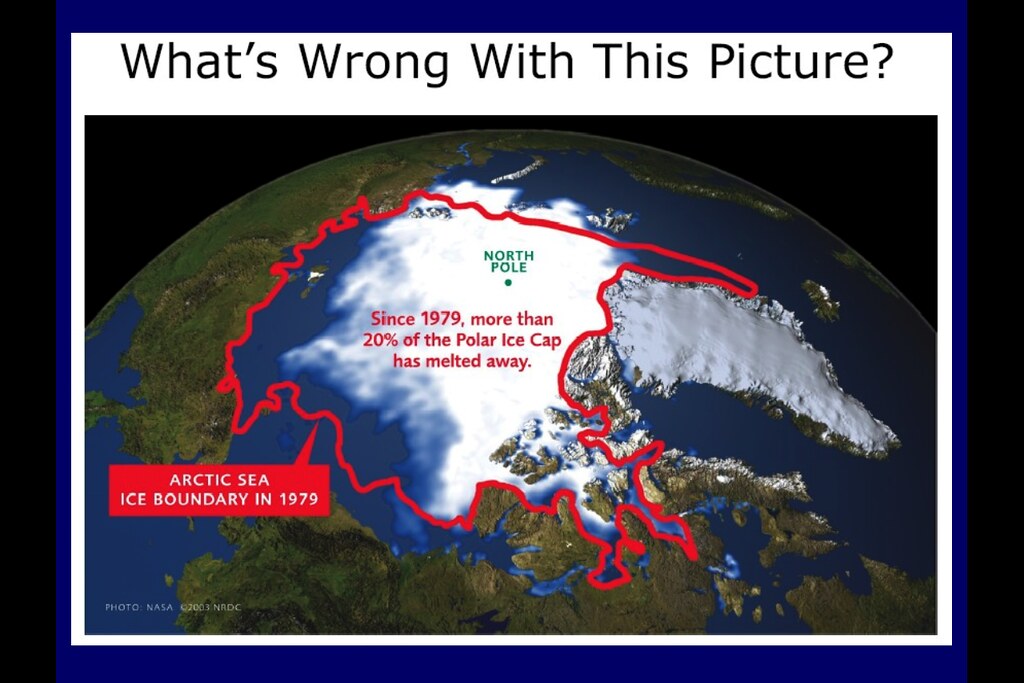
July 2021 is officially the hottest month of July on record, according to NOAA’s National Centers for Environmental Information. Last month’s global average temperature was 0.93°C (1.67°F) above the 20th-century average, edging out 2016’s record by 0.01°C (0.02°F). The escalating heat is fueling weather extremes, with prolonged drought, extensive flooding and massive wildfires causing havoc around the globe.
The global average temperature in the first half of 2021 was comparatively cooler than the same periods from recent years, tying with 2018 as the sixth hottest first half. The global average for the January-through-June stretch was kept relatively cool by a mild La Niña event in the equatorial Pacific and an unusually low Arctic Oscillation (AO) event in the north.
With the exception of February, each month this year still wound up being in the top ten hottest months for their respective periods. February merely placed 16th: an unusual heating event in the stratosphere in January caused a destabilization of the jet stream that allowed cold Arctic air—already experiencing one of the coldest Arctic Oscillation events on record—to flood down over much of North America and Siberia (the AO has since flipped back into warm mode, recorded as the 5th hottest AO since 1950).
The ramp-up in temperature that began in late June fueled record-breaking heat waves, with one town in Canada breaking an all-time temperature record for the country, and causing wildfires hot and massive enough to generate their own weather systems. Collectively, the wildfires in Siberia have now encompassed 161,300 square kilometers (62,300 square miles, or 39,860,000 acres)—greater than all other wildfires currently burning on the planet combined—with the smoke billowing from the Yakutia region having reached the North Pole, more than 4,800 kilometers (3,000 miles) away.
To date, carbon emissions from this season’s fires in Siberia are estimated to be at 505 million tons, already eclipsing the 450 million tons emitted over the entirety of 2020. Additionally, half of the fires are not being fought by firefighters, not because they’re considered unimportant, but rather because they’re considered to be too dangerous to tackle.
“While it is straightforward for a meteorologist to show that a given extreme event is connected to a certain weather pattern, new analysis now almost always show that the changing climate has led to a severity of the event that otherwise would not have occurred previously,” according to Donald J. Wuebbles, Ph.D., writing in an article on the latest IPCC report, published on The Hill. “What were once very rare events are now becoming more common and the changing climate is influencing our weather in ways humanity has not seen before.”
Subscribers, to watch the subscriber version of the video, first log in then click on Dreamland Subscriber-Only Video Podcast link.
The summit of Greenland got rain, rather than snow, for the first time on record.
https://news.yahoo.com/summit-greenland-got-rain-rather-081011868.html?fr=yhssrp_catchall